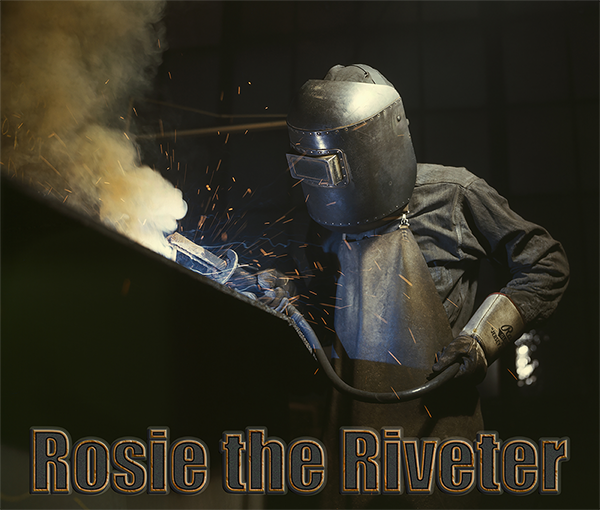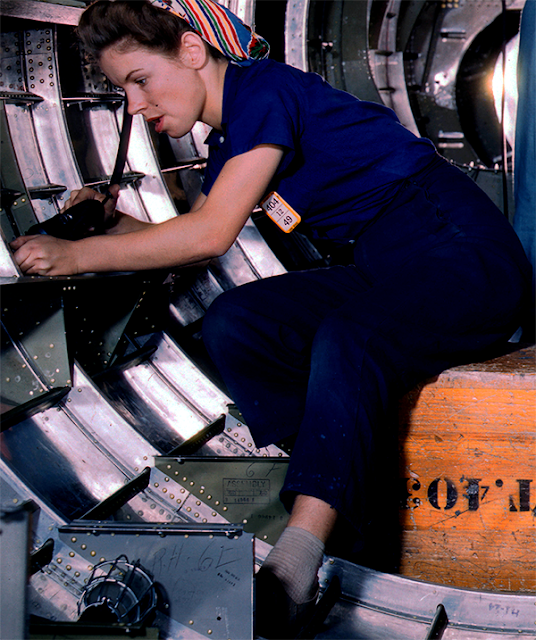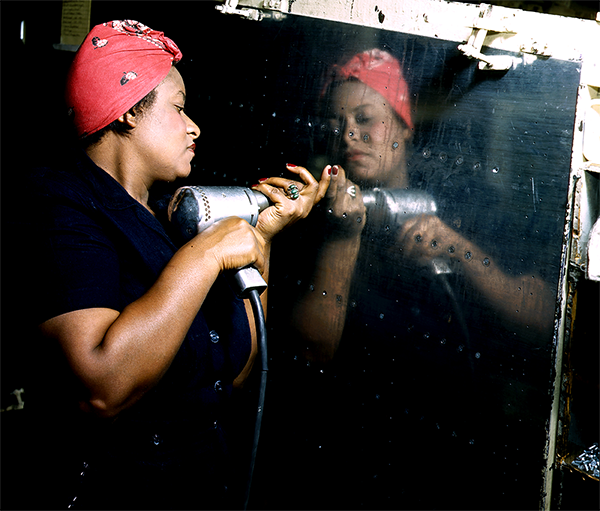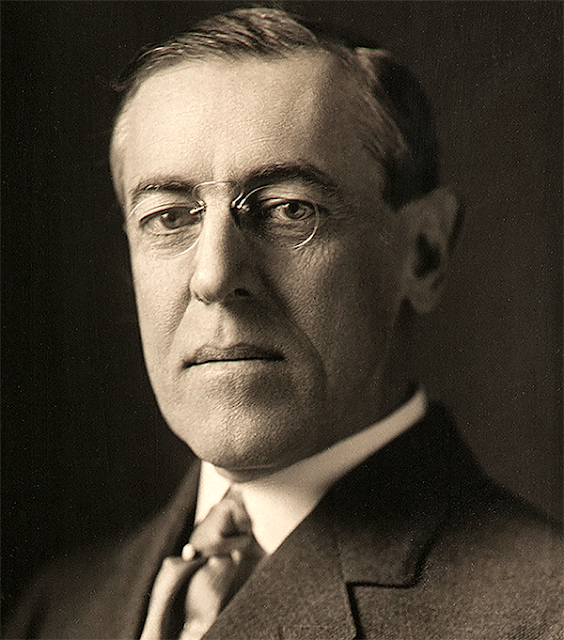Nine new nations emerged from the crumbling
empires of Europe following the First World War.
Among them Poland, Czechoslovakia and Austria
- nations of ethnic diversity, including a notable
share of German speaking people amidst the population.
Germany needed additional land to become
a truly great nation - one able to access valuable
resources necessary to wage modern war
without fearing a strangling blockade from its
powerful adversary - Britain.
1921 1 May Germany defaults on reparations payments.
1928 German output equals production prior to WW 1
1932 German industrial production half that of 1928
Wall Street crash ruined capital lending.
Unemployment quadruples to 5.6 million
1933 Hitler comes to power.
1935 Germany announces military conscription
Army ceiling rises from 7 to 36 divisions
1936 March Germany marches army into Rhineland
1937 Germany builds 5,600 aircraft
France builds 700 aircraft
1937 26 April Germany bombs Basque town of Guernica
Germany, Italy and the Soviet Union used
Spanish Civil War as opportunity to test
their latest weapons systems.
1938 29 September Munich settlement
Czechs forced to surrender Sudetenland
Germany promises no new demands
1939 23 August Germany and Russia agree to split Poland
1939 1 September Germany invades Poland
1939 3 September Britain, France declare war on Germany
1941 December Hitler declares war on US
Guarantees overwhelming military strength
would now be brought against him
No one appreciated the nightmare France lived
with having Germany as its neighbor. Paris
was the Sheriff facing Hitler's hired guns alone...
the democratic nations, Britain and USA,
not wanting any part of this high noon showdown.
1919 June Treaty of Versailles
Draconian measures to protect France.
Hopes that League of Nations keeps peace.
France exhausted by war - inferior to Germany
in manpower and economic resources.
France looks for allies in the face of the German
threat:
1920 French alliance with Belgium.
1921 French alliance with Poland
- member of Little Entente of Slavic nations
1924 France forms alliance with Czechoslovakia.
Nothing offered them real protection
from Germany.
1934 French economy begins collapse
Foreign trade plummets by two thirds.
1936 France raises wages, limits work week
to 40 hours
Franc devalued - France dependent on
Anglo-American financial support
1939 France and Britain make military alliance
Both nations declare their intent to protect
Poland.
1939 3 Sept. Britain and France declare war on Germany.
1940 10 May German armor attacks France through Ardennes
1940 14 June German troops enter Paris.
Britain was overextended, no longer capable
of protecting its European maritime lifelines
while also defending its colonial interests from
Japan's ambitions in the Far East.
Britain's drop in share of global commerce meant leaner military.
year commerce share
1913 14.14%
1929 10.75%
1937 9.8%
1935 June Anglo-German naval agreement
Britain attempts covering weakness with
diplomacy.
Deal releases ships for duty in Far East.
1937 May Neville Chamberlain becomes Prime Minister
Appeasement policy response to vulnerability:
Britain's precarious economic, strategic outlook
1937 German military spending three times that of Britain
1938 Anthony Eden resigns as Foreign Minister over
Chamberlain's German policy
1938 Sept. "Peace in our time" declared following Munich
Western Czechoslovakia surrendered to Germany
Britain's defense expenditures as percent of GNP:
year percent GNP________
1937 5.5%
1938 8.5%
1939 12.5%
1939 British Treasury: no money for financing long war
1939 March Britain, France guarantee Poland's security
1939 3 Sept. War with Germany declared by Britain, France
Russia was Hitler's target all along. Barbarossa -
the plan to invade and conquer the Soviet Union
in the few short months prior to winter was fantasy.
Wargaming the idea resulted in repeated failure.
No one dare tell the Fuhrer his actions would bring
catastrophic defeat to Germany.
Treaties following First World War leave Russia diminished
Countries carved from Russian territory:
Finland, Baltic states and Poland - taking industry with them
Population falls 40 million to a total of 132 million in 1921
1917 - 1921 Russia suffers social and political chaos
1921 Lenin introduces New Economic Policy
Gives up on trying to "communize" the peasantry.
1926 Agriculture returns to prewar levels
1928 Industrial output returns to prewar levels
War and revolution cost Russia thirteen years
economic growth.
1933 Famine results from Stalin's rush to industrialize Russia.
Percent of farmers in population drops to 50% in 1940
from 70% in 1928.
25% of Russian GNP goes to industrialization,
then education, science and defense.
Number of graduating engineers:
1928 47,000
1941 289,000
Russian national income:
1928 24.4 billion rubles
1937 96.3 billion rubles
Russia's industrial output surpasses:
Britain, France, Japan and Italy
Deficiencies:
Poor per acre agriculture yields
Road system remains primitive
Many industries rely on foreign expertise
Excessive emphasis on quantity and
"gigantism" of manufacturing process
- difficult to make product adjustments
1933 Manchurian crisis and Hitler's rise to power
1935 Soviet army rises from 600,000 to 1.3 million men
Chief weakness remains poor training
1938 Soviet economy reoriented to producing armaments
Meanwhile Stalin's political purges of the military
leaves the Red Army decapitated:
Generals 90% purged / shot or imprisoned
Colonels 80% purged
1938 Munich settlement reveals to Stalin:
Hitler's ambitions are directed east towards Russia
France and Britain are not reliable partners against
Germany
1939 August Russia signs nonaggression pact with Germany
Agrees to split Poland between them
Stalin buys Russia time to build up military
1939 Sept. Soviet troops invade Poland
1941 April Japan signs neutrality treaty with Soviet Union
Stalin free to focus on the German threat to his west
1941 June Hitler launches invasion of Russia
Third Reich not properly equipped to fight this war.
Mussolini hoped to compete with great nations
on the cheap. Three fourths of Italians lived as
peasants on small farms - hardly the kind of
revenue stream you looked to for financing
a modern air force, armored divisions and
aircraft carriers for your navy.
Italy - weak in political power: semi-developed nation with
Mussolini, its fascist leader, having great nation ambitions.
1937 Italy conquers the African nation of Abyssinia
League of Nations reveals its impotence in global affairs
1938 country relies on small scale agriculture
50% of family income goes to purchasing food
Tariffs protect inefficient producers
1939 Jan. British PM Chamberlain travels to Rome in attempt
to dissuade Mussolini's drift into Hitler's camp
1939 Bank of Italy reserves drop to near nothing
Nation unable to buy tools necessary to modernize
Italy's air force and army
Army - inefficient, no initiative, stultifying career choice
unable to recruit talented, ambitious males
Il Duce - Mussolini:
self-delusional
inability to think effectively
congenital liar
1940 Sept. Tripartite Pact signed between Japan, Germany, Italy
Alliance with Italy proves to be a net liability for Germany
__________________________
love
dad
© Tom Taylor






























